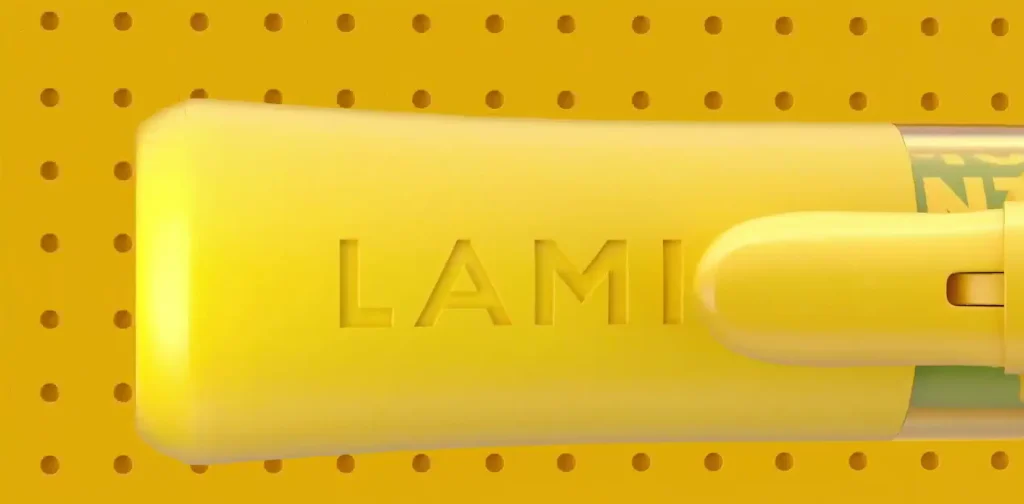Regulations and restrictions on the purchase of disposable e-cigarettes in the Philippines
In the Philippines, there are a series of clear regulations and restrictions on the purchase of disposable vape. The following is a detailed description of its comprehensive situation.

Legal framework and regulatory agencies
On July 25, 2022, the President of the Philippines signed and approved the “Atomized Nicotine and Non-Nicotine Products Regulation Act” (RA11900). The bill is mainly a merger of the House of Representatives’ H.NO9007 Bill and the Senate’s S.NO2239 Bill (passed by the two houses on January 26, 2022 and February 25, 2022, respectively). This bill regulates the import, manufacture, sale, packaging, distribution, use and dissemination of atomized nicotine and non-nicotine products (including e-cigarettes, including disposable e-cigarettes) and new tobacco products. The main supervision involves the following departments:
Department of Trade and Industry (DTI): negotiate with the Food and Drug Administration (FDA) to formulate quality and safety technical standards that products should meet, and be responsible for product registration and other related matters.
Philippine Bureau of Standards (BPS): Responsible for the mandatory safety certification of e-cigarette products, etc.
Purchase regulations and restrictions
Age limit
The minimum permitted age for purchasing, selling and using vaporized nicotine and non-nicotine products (including disposable e-cigarettes) is 18 years old.
Purchasers must present a government-issued photo ID at the time of purchase to prove that they meet the age requirements.
Sales location restrictions and signage requirements
The sale of e-cigarettes is prohibited within one hundred meters of schools, learning facilities and institutions, playgrounds, or other places frequented by minors.
Establishments selling non-nicotine products must post clear signs stating “It is illegal to sell or distribute vaporized nicotine and non-nicotine products to persons under the age of 18. These products are harmful and contain nicotine, a highly addictive substance. Not recommended for non-smokers.”
Product certification requirements (import and sale)
From January 2024, e-cigarette products (including disposable e-cigarettes) must be certified by BPS before they can be sold in the Philippines.
Starting June 2024, e-cigarette products that cannot obtain a Philippine Standard (PS) license or Import Commodity Clearance (ICC) will no longer be allowed to enter the country.
Unregistered e-cigarette products that are still in stock before the deadline will be allowed to be sold to consumers until they are sold out, but by January 5, 2025, the Department of Trade and Industry will officially implement market cleanup and dispose of all unregistered e-cigarette products that are still on sale.
Product packaging and ingredient restrictions
The nicotine content in atomized products shall not exceed 65 mg/ml.
Refill containers for atomized products should be child-resistant, tamper-resistant, and should prevent breakage and leakage.
The maximum volume of e-liquids and refill containers with or without nicotine shall not exceed 10ml.
Advertising restrictions: Advertisements for atomized nicotine and non-nicotine products, new tobacco products, and other forms of consumer communication are allowed at point-of-sale or retail establishments, through direct marketing, and on the Internet.
The sale of atomized nicotine and non-nicotine products that have been proven to be particularly unduly attractive to minors is prohibited (if the flavor description includes fruit, candy, dessert or cartoon characters, it is considered to be overly attractive to minors).
Consequences of Violation
For businesses that violate the regulations, they will face fines of varying degrees if they violate the regulations. The fine for the first violation is 20,000 pesos, the fine for the second violation will be increased to 30,000, and the third and subsequent violations will be 50,000 pesos.
For illegal imports, sales of unregistered or uncertified products, in addition to fines, the relevant departments have the right to confiscate the illegal products.
For serious violations such as selling e-cigarette products to minors, there may be more severe legal sanctions and social pressure.
Social and Health Background
Health experts have warned that e-cigarette products are not a safer alternative to tobacco and may cause lung damage, especially to young people. According to statistics, about one in seven Filipino teenagers aged 13-15 is using e-cigarettes. In addition, the Philippine Department of Health also supports the proposal of Finance Minister Ralph Redau to ban disposable e-cigarette products in the Philippines. This also reflects that the Philippine society is paying more and more attention to the use and control of e-cigarettes, especially disposable e-cigarettes, in order to protect public health, especially the healthy growth of young people.
In short, the purchase of disposable vape in the Philippines is subject to many strict regulations and restrictions, involving age, sales locations, product certification, packaging and other aspects. These regulations and restrictions not only protect legal and compliant business activities and consumer rights, but also take into account the comprehensive consideration of public health and social order. Consumers and businesses need to fully understand and strictly abide by these regulations to avoid unnecessary legal risks and business losses.
